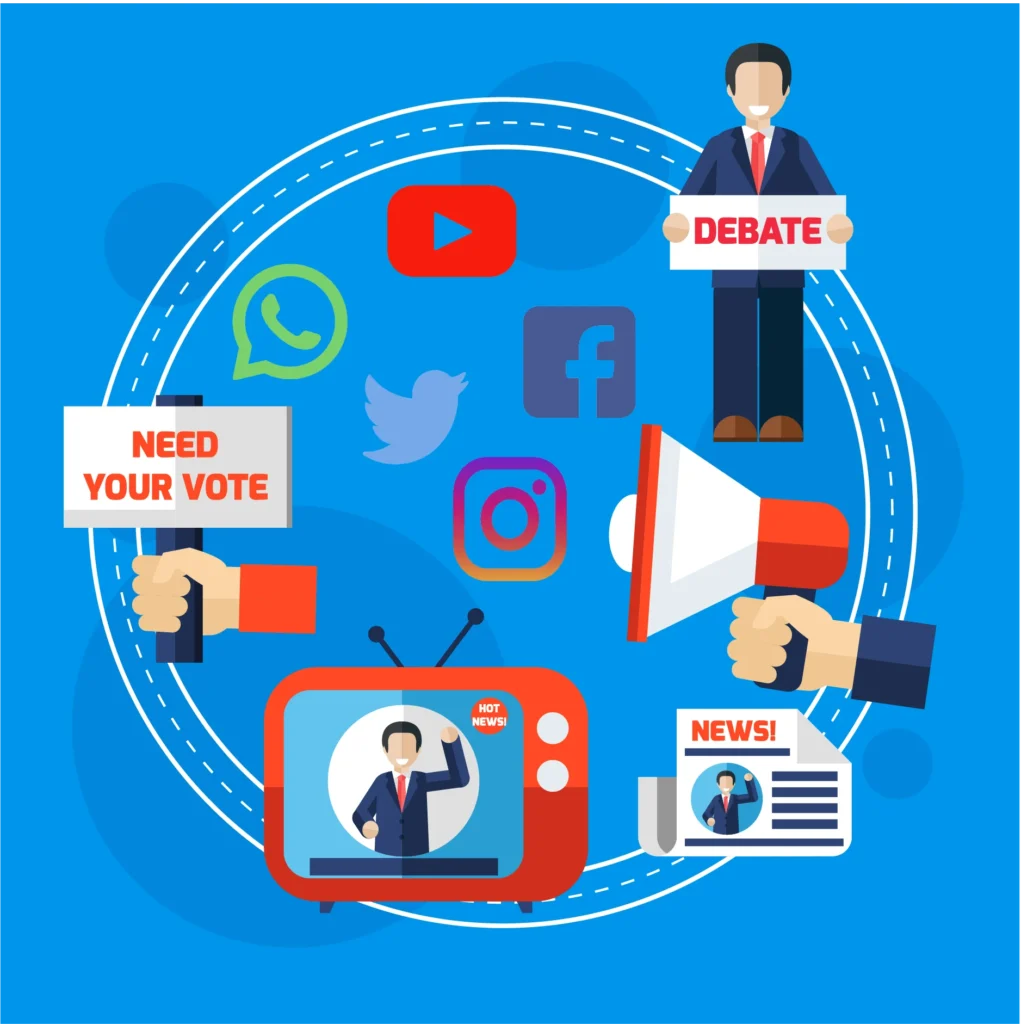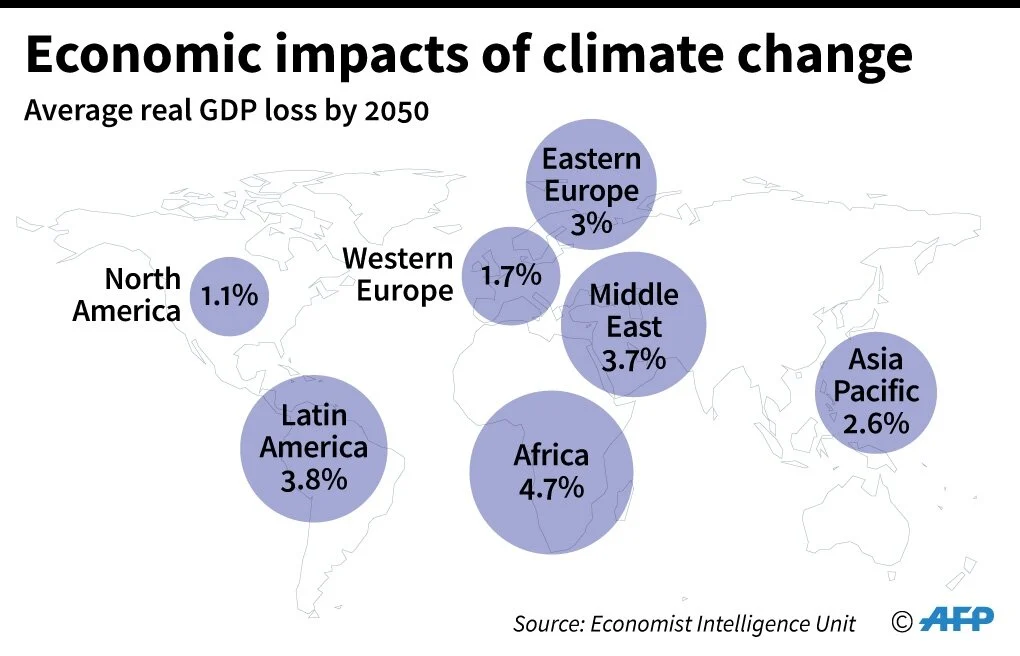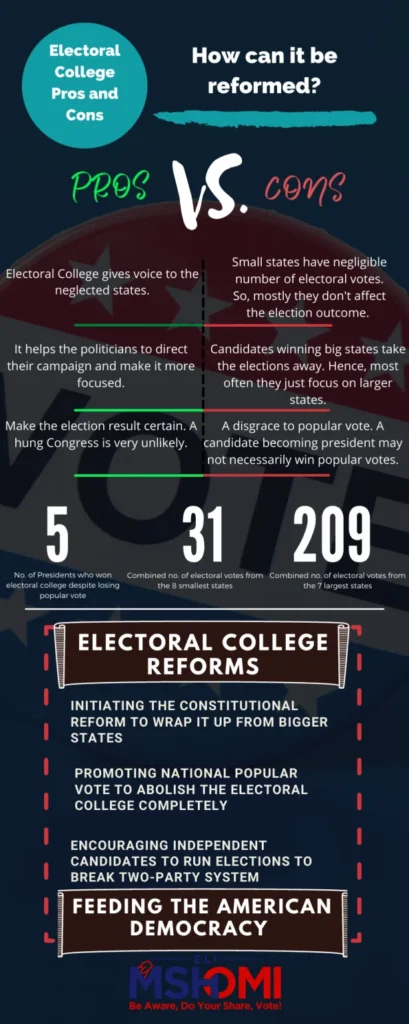The Impact of Social Media on Modern Politics has been a significant topic of discussion in recent years. Social media platforms have revolutionized the way political information is disseminated and have provided a new avenue for political engagement and activism. The use of social media has allowed political candidates to directly connect with voters, mobilize supporters, and shape public opinion. Additionally, social media has played a crucial role in organizing political protests and movements, making it a powerful tool for influencing political discourse and decision-making. As a result, the impact of social media on modern politics cannot be overstated.
The influence of social media on contemporary political processes and outcomes has sparked widespread interest and curiosity. Many are intrigued by the ways in which social media has altered traditional political communication and campaigning strategies. Moreover, the role of social media in shaping public perception and opinion on political issues has become a point of fascination for scholars and analysts. Furthermore, the impact of social media on voter behavior and political participation has raised important questions about the future of democracy and governance. These aspects of the impact of social media on modern politics continue to captivate the attention of both experts and the general public.
The Role of Social Media in Political Campaigns
Social media has revolutionized the way political campaigns are run. It has become an essential tool for politicians to connect with voters, spread their message, and mobilize supporters. Platforms like Facebook, Twitter, and Instagram allow candidates to reach a large audience at a low cost, making it easier for new and lesser-known candidates to compete with established politicians. Social media also enables direct interaction with voters, providing a space for public discourse and feedback. Moreover, it allows for targeted advertising and data-driven campaign strategies, helping politicians tailor their message to specific demographics.
The Influence of Social Media on Voter Behavior
Social media has a significant impact on voter behavior, as it shapes public opinion and political discourse. The rapid spread of information, news, and political narratives on platforms like Twitter and Facebook can influence how people perceive candidates and issues. Social media also facilitates the formation of online communities and echo chambers, where like-minded individuals reinforce each other’s beliefs and opinions. Additionally, the viral nature of content on social media can amplify certain messages and contribute to the polarization of political views. As a result, voters may be swayed by the content they encounter on social media, affecting their decisions at the ballot box.
The Use of Social Media for Political Activism and Advocacy
Social media has empowered political activism and advocacy by providing a platform for organizing and mobilizing supporters. Movements like #BlackLivesMatter and #MeToo have gained momentum through social media, raising awareness about social and political issues and bringing about real-world change. Platforms like Twitter and Instagram are also used to coordinate protests, share information, and amplify marginalized voices. Additionally, social media has enabled individuals to engage directly with policymakers and hold them accountable, fostering a more participatory form of democracy.
The Spread of Misinformation and Disinformation on Social Media
Social media has also been a breeding ground for misinformation and disinformation, posing a significant challenge to modern politics. False or misleading information can spread rapidly on platforms like Facebook and WhatsApp, influencing public opinion and sowing doubt about political institutions and processes. The lack of regulation and the viral nature of content on social media make it difficult to combat misinformation effectively. This has serious implications for democratic societies, as it can undermine trust in the media, public institutions, and the electoral process.
The Role of Social Media in Political Polarization
Social media has been linked to political polarization, as it facilitates the spread of extremist views and contributes to the fragmentation of public discourse. The algorithmic design of platforms like Facebook and YouTube can create filter bubbles, where individuals are only exposed to content that aligns with their existing beliefs. This can reinforce partisan divides and make it challenging to find common ground on important issues. The echo chamber effect of social media can also lead to radicalization and the amplification of divisive rhetoric, further polarizing society.
The Regulation of Political Advertising on Social Media
The use of social media for political advertising has raised concerns about transparency, accountability, and the influence of money in politics. Unlike traditional forms of advertising, digital ads on platforms like Facebook are not always subject to the same level of scrutiny and regulation. This has prompted calls for greater transparency in political advertising, as well as efforts to combat the spread of disinformation. Some countries have introduced legislation to regulate online political ads and ensure that they are held to the same standards as other forms of political communication.
The Role of Social Media in Political Communication and Diplomacy
Social media has transformed political communication and diplomacy, providing world leaders with a direct line of communication to the public and each other. Platforms like Twitter have been used by politicians to make major policy announcements, conduct diplomacy, and engage in public diplomacy. This direct and unfiltered communication has the potential to shape public opinion and influence international relations. However, it also presents challenges in terms of maintaining diplomatic protocols and managing crises in real time, as seen in the case of “Twitter diplomacy” and its implications for traditional diplomatic channels.
The Ethical and Privacy Considerations of Social Media in Politics
The use of social media in politics raises ethical and privacy concerns related to data collection, micro-targeting, and the manipulation of public opinion. The Cambridge Analytica scandal, for example, revealed how personal data harvested from social media was used to target and influence voters in political campaigns. This has sparked debates about the ethical use of data in politics, the need for greater transparency in online political activities, and the protection of individuals’ privacy rights. As social media continues to play a central role in modern politics, addressing these ethical and privacy considerations remains a critical challenge for policymakers and tech companies alike.
| Aspect | Impact |
|---|---|
| Communication | Social media has revolutionized the way politicians and voters communicate, allowing for direct interaction and real-time updates. |
| Campaigning | Politicians now use social media platforms to reach a wider audience, mobilize supporters, and raise campaign funds. |
| Information dissemination | Social media enables rapid dissemination of political news and information, influencing public opinion and shaping political discourse. |
| Civic engagement | Platforms like Facebook and Twitter have facilitated online activism and political participation, empowering citizens to engage with political issues. |
| Public opinion | Social media has the power to amplify or manipulate public opinion, affecting election outcomes and policy decisions. |
The impact of social media on modern politics is undeniable. It has transformed the way political communication occurs, revolutionized campaigning strategies, and fundamentally altered the way information is disseminated and public opinion is shaped. Social media has empowered citizens to engage with political issues and has the potential to influence election outcomes and policy decisions.



